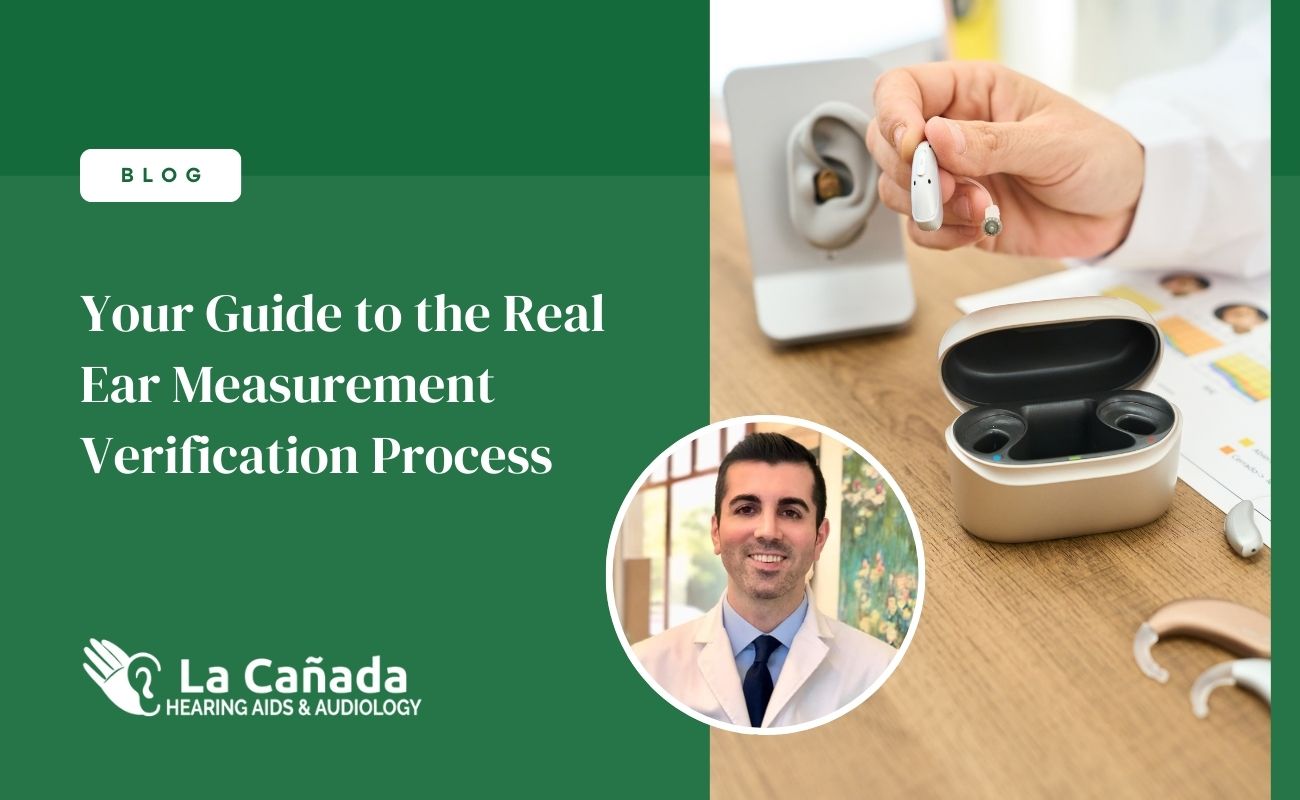Hearing aids are complex and delicate tools, and if something goes wrong with yours, it's best to leave the repair work to a professional. There are, however, a few steps you can take to cut costs and ensure that your hearing aid lasts as long as possible.
How to maintain your hearing aid
If you or someone you know wears hearing aids, you should learn how to properly care for them.Hearing aids don't require much maintenance, but they must be cared for and protected from the elements. Hearing aid care can help you extend the life of your device, avoid problems, and avoid repairs.
Here are a few basic things you can do at home to keep your hearing aids in good shape:
• First, handle hearing aids with care at all times.
• Wash your hands before handling your hearing aids to ensure that as little dirt as possible gets into the device.
• Keep your hearing aids in a cool, dry area away from children and pets.
• When not in use, turn off your hearing aids.
• Clean the battery contacts and any visible earwax or dirt with a clean cloth regularly.
• Replace filters or wax guards regularly to avoid the buildup of wax and grime that can degrade sound quality.
• Schedule cleanings with your hearing specialist regularly.
• When taking a shower, try not to use your hearing aids in the bathroom.
Why hearing aids fail
The following are the top three reasons why hearing aids fail.
• Earwax: One of the biggest threats to hearing aids is earwax. The good news is that all you have to do is clean your hearing aids regularly. Excessive earwax, on the other hand, may require correction.
• Moisture: Showers, sweat, and humidity can all damage the electrical components of a hearing aid, resulting in degradation and decreased function.
• A problem with the manufacturer:Hearing aids might fail due to a manufacturing flaw, like any other electrical device.
Hearing aids: Troubleshooting
If you're having trouble with your hearing aid, consider the following before getting it fixed:
● Check for debris in the wax residue receiver.
● Make sure all of the parts are connected.
● Check to see if the microphone is obstructed in any way.
● Examine the area for any cracks or substantial damage.
● Check that the device is turned on and that the volume is sufficient.
● Check to see that the battery is charged and inserted appropriately.
If your hearing aid is giving you feedback, you should:
• Examine the volume setting.
• Make sure it's properly connected to your hearing aid.
• Check with your hearing professional to see if your hearing aid is fitted correctly.
Signs you may need professional help.
It's time to get your hearing aid fixed if the problem persists after you've performed the simple repairs above.
The following indicate significant issues with hearing aids:
• Your hearing aid's shell has cracks, chips, or holes in it.
• There is no sound coming from the hearing aids, even when turned to the 'on' switch.
• The sound from your hearing aid is shaky, distorted, or otherwise unacceptable.
• The hearing aid produces a far too quiet a sound.
• The battery depletes considerably faster than usual.
• There is a whistling or feedback noise when the hearing aids are worn.
If you're having no luck, bring it to us.
If you have hearing aids that you bought elsewhere and can't get them to operate, we will gladly help.We fit most major hearing aid brands and can provide you with the support you need regardless of the issue.
The majority of hearing aids have a parts and labor warranty. This may cover the cost of repairs, but we can also repair hearing aids no longer covered by the manufacturer's guarantee. The warranties for hearing aids are generally for a period of one to two years. So whatever your problem is, we'll solve it or get you the help you need as soon as possible.
Our hearing specialists will do everything in our power to get your hearing aids back to you as quickly as possible.
Is your hearing aid beyond repair?
As with any technological item, a hearing aid might also be damaged beyond repair. It usually is easier to replace the hearing aid with a new one in this situation.But what are the signs your hearing aid has become irreparable?
• You've had it for more than five years.It's time to update your hearing aid if it's older than a kindergartener.
• The damage is clear to see.Replacing damaged shells is more expensive. Therefore it might be better to invest in a new device instead.
• It's already been repaired a few times. While a new hearing aid may be more expensive upfront, the ongoing maintenance for a virtually obsolete device may be more hassle than it's worth.
Make an appointment with us today if you need your hearing aid checked! We have the tools and expertise to get your device back up and running.


.webp)





